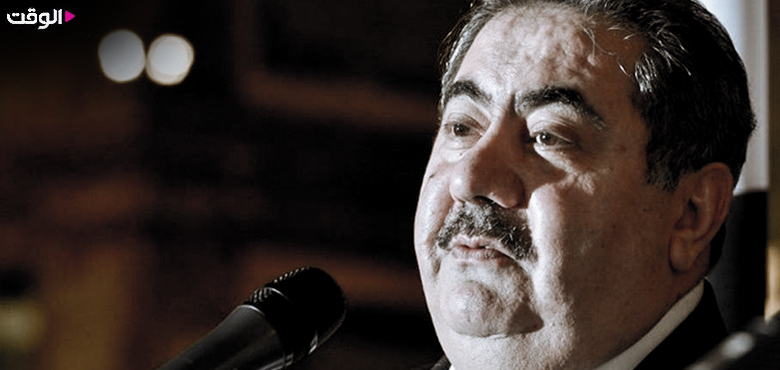Alwaght- Like the period that followed the fourth parliament election in 2018, these days a difference between Kurdistan Democratic Party (KDP) and the Patriotic Union of Kurdistan (PUK) over who would fill the post of president at its peak. Before the January 9 session of the new parliament its was thought that the Kurds would unite their voice following a meeting of PUK chief Bafel Talabani and KDP leader Masoud Barzani in Baghdad. However, it became clear that the two sides' division is now in its climactic point.
Contrary to the KDP's expectations, representatives of the PUK did not attend the meeting to vote for the new parliamentary speaker, one candidate of whom was KDP's Shakhwan Abdullah. Actually, they walked out before the voting process took place. Following this move, the KDP, as in 2018, named its candidate to assume Iraqi presidency. This development now poses a major and unprecedented challenge for the Kurds, possibly impacting the internal equations of the autonomous region.
Zibari-Saleh competition in a crowded list
Since 2005, the year the first Iraqi government was formed after the US military occupation of Iraq, the presidency has traditionally been held by the PUK. In the first two terms of Jalal Talabani, a prominent Kurdish politician who died in 2017, he held this position as the leader of the PUK.
Barzani-Talabani agreement was based on a deal according to which the KDP held the presidency of Kurdistan and the KDP held the presidency of Iraq. But after Talabani illness and later his death, the strategic agreement between the two main parties in Kurdistan region also collapsed, resulting in a duel between the two parties to win the post.
In the post-Saddam period, the PUK, winning the agreement of the Iraqi parties, succeeded in appointing Barham Saleh as the new president of Iraq. But at present, the situation seems to have changed substantially and the KDP has an upper hand for naming and electing the president. It is strongly against Saleh re-election and named its candidate, Hoshyar Zebari, the former foreign and finance minister.
In addition, there is a definite consensus within the PUK over candidacy of Saleh, though it also named Latif Rashid, a senior figure who also has a ministerial record. Although the main rivalry will be between the two parties, a long list of independents, 23 figures, including Razgar Amin, the judge of Saddam Hussein, and Shilan Fuad, as the first female candidate, are bidding for the post.
All the facts on the ground indicate that the independent representatives will have the least chance, and that one of the two representatives of the two major parties will surely assume the office at Dar Al-Salam Palace in Baghdad. However, it is possible that the PUK and KDP will reach an agreement before the parliament session on a compromise on the distribution of the president, the deputy prime minister, and the governor of Kirkuk posts and attend the parliamentary session with a single agree-upon candidate. But if their fissure continues, a big duel would break out between them.
Lose-lose game of the two parties
Based on the common rules of politics, it seems that the two parties will enter a zero-sum game in the event of a duel for the Iraqi presidency. This means that the victory of one will mean the defeat of the other. According to this rule, if Zebari is elected, the KDP will foist its power on PUK in Baghdad and its hegemony in the autonomous region.
Essentially such a rule does not correspond to the reality on the ground in any way and can cause great damage to the internal affairs of the Kurdistan region. Since 1991 that the Kurdistan Regional Government (KRG) was established, the principle of agreement and not the majority-minority equation has dominated the politics. The two parties, regardless of their vote number, have so far distributed administrative and political positions and even budget between them.
While the two parties are at relatively same military, political, and administrative levels, there should not be a talk of majority-minority principle. So, the totalitarianism of Barzani family and the KDP in Baghdad and Erbil and the push to eliminate the PUK from competition can motivate the latter to separate the Green areas, namely Suleimaniya and Halabja provinces, from the rest of Kurdistan. Furthermore, increasing pressure from KDP on the PUK can end the traditional inter-Kurdish deal on administration of the Kurdish affairs in the Iraqi scene.



























